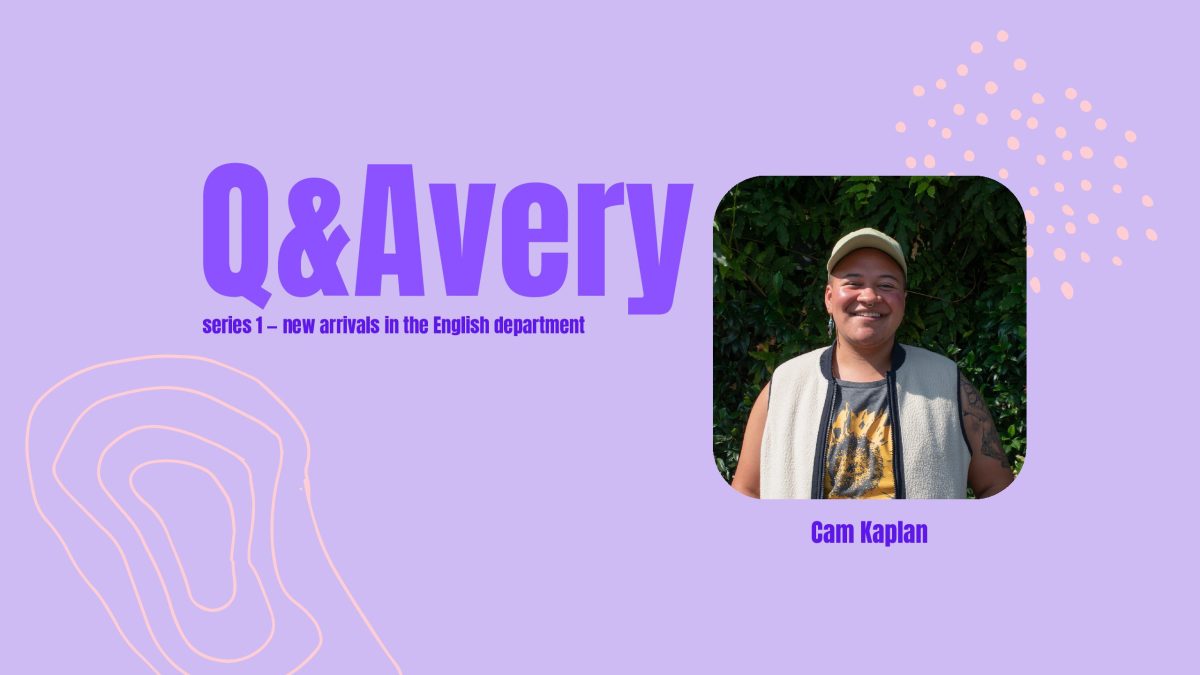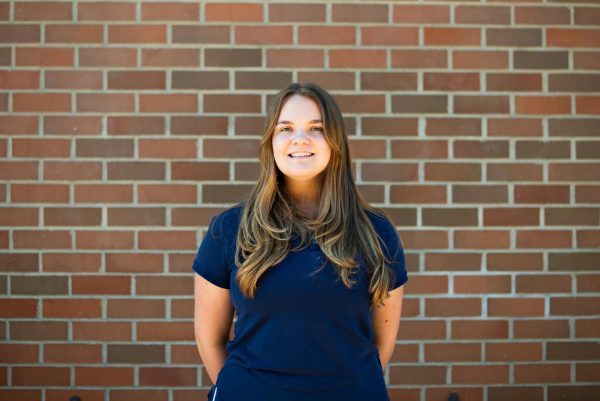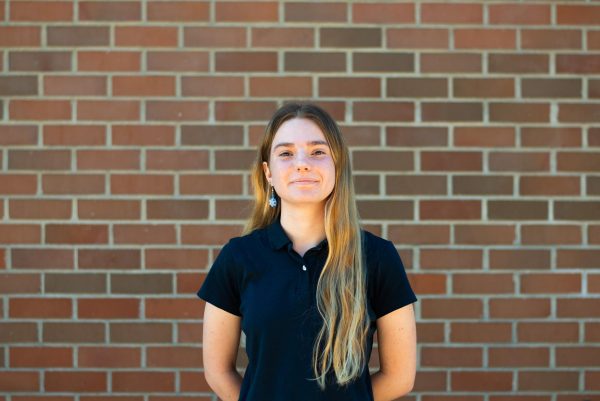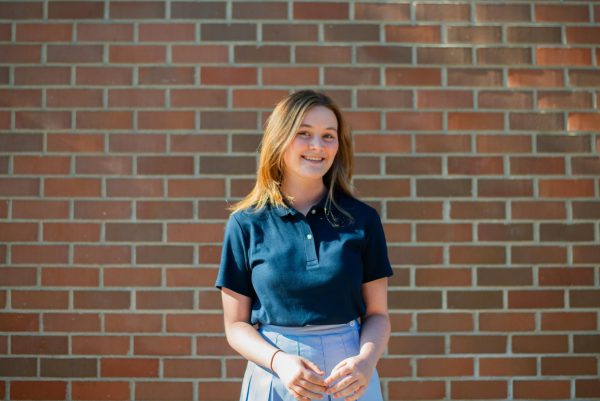I decided this year that the best way to learn and challenge myself as a person was through the art of conversation. Thus began my mission to learn as much as I could about people by talking to as many as I could. My first audience is a group of people who are, by nature, deep thinkers and excellent with their words. Getting to know Castilleja’s new upper school English teachers felt like the obvious choice.
Cam Kaplan is one of five new English teachers at Castilleja this year. He is from San Francisco and teaches English II in addition to AT 21st Century Literature. I enjoyed my interview with him immensely as we talked about horror writing, sci-fi and garlic.
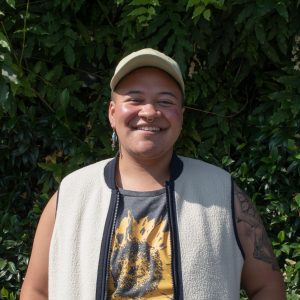
—
Who was your favorite of your teachers when you were a student? What impact did they have on you?
Professor Sawyer, who was an English professor and race, ethnicity and migration studies professor. He had the extremely unique ability to make you feel at the end of every class, as if you’ve taken your brain out, blown into it like an old Nintendo cartridge where all the dust came out, flipped it upside down and then put it back in. At the end of every class, I genuinely felt like something fundamental in my worldview had changed. Which is incredibly inspiring as a student.
What books are on your nightstand and/or coffee table right now?
I just finished reading Family Business by Jonathan Sims, which was a delight. He’s very clearly inspired by creepypasta and online horror. And [it’s] aggressively anti-capitalist. It’s a sort of modern parable kind of horror. But I’m really in a phase of reading new weird as a genre. Somewhere between like sci fi horror and just surreal.
What is the most impactful interaction you’ve had with a student?
Last year in my queer literature class, I asked students to do some really personal writing and they delivered. The theme was “a letter to someone who will never read it,” based on the book “On Earth We’re Briefly Gorgeous” by Ocean Vuong. A lot of students talked about something extremely personal. No student sat down and said [to me], “Hey, I trust you,” but it was implicit in what they were doing.
What is a “fan-favorite” part of your teaching style? In other words, what is it about your classes that students love?
The fact that I bring in a lot of food. Whenever it’s relevant, if we’re talking about a particular culture or history or doing self reflection, for me a lot of that is food. That’s a major connection to my culture. So I’ll bring in Cajun food, Southern food, lots of food.
When you were a little kid, what did you want to be when you grew up?
I was a dinosaur kid. I would say probably through fifth grade, I was certain that I was going to be a paleontologist. I think it’s a classic, classic little boy answer. I’m gonna go digging in the sand and I’m gonna find some dinosaurs and they’re gonna pay me for it, apparently. It’s a magical moment when you find out that that’s a job.
What is your favorite piece of media (books are quite apt but also movies, tv shows, whatever is fine) and why? What impact did it have on you?
Octavia Butler’s “Lilith’s Brood.” Octavia Butler is a pioneer in Afrofuturism. To me, that means she took the concept of Blackness in the US being an alien state and did something incredible and productive with that by leaning into it. She starts to question, “What if human ceases to be the category that I want to align with?” “What if there was a situation where humans’ resistance to change became a huge problem, and the people who were most equipped to change, to grow, to be flexible to become something other than humans are the people who are already on the margins of society?” So, people whose gender is ambiguous or who are part of a marginalized race? What if those were the people who by necessity are most equipped to embrace change and to see a new way of being human? Which is Afrofuturism, and she articulated it in such a way that it never left me.
—
This story is part of the series “Q&Avery” by Counterpoint on new teachers around the circle this school year.


